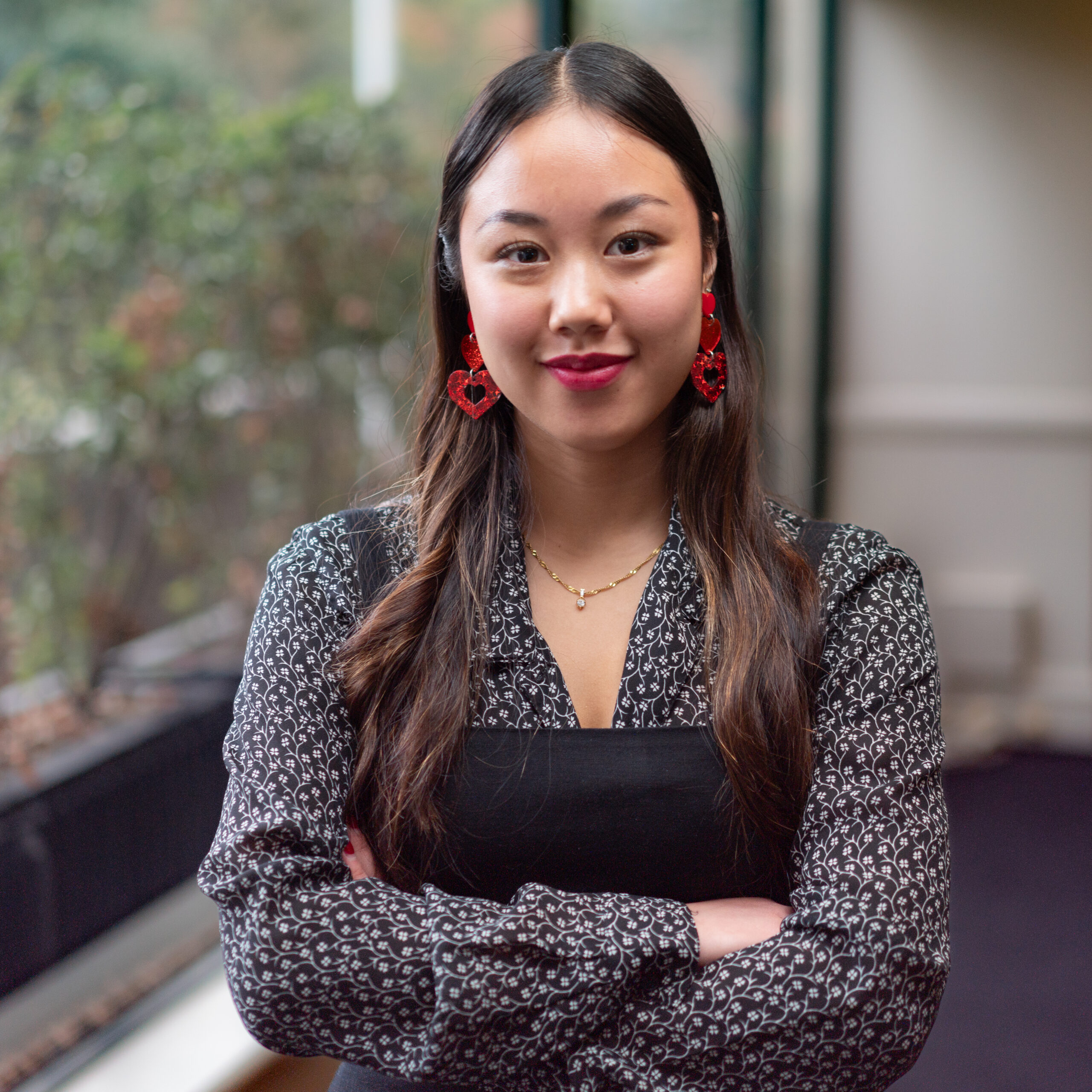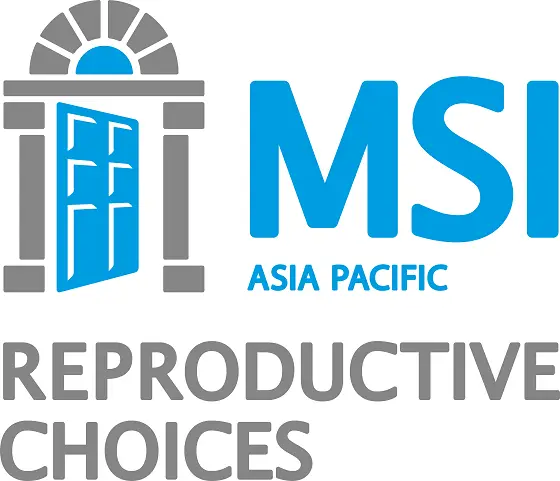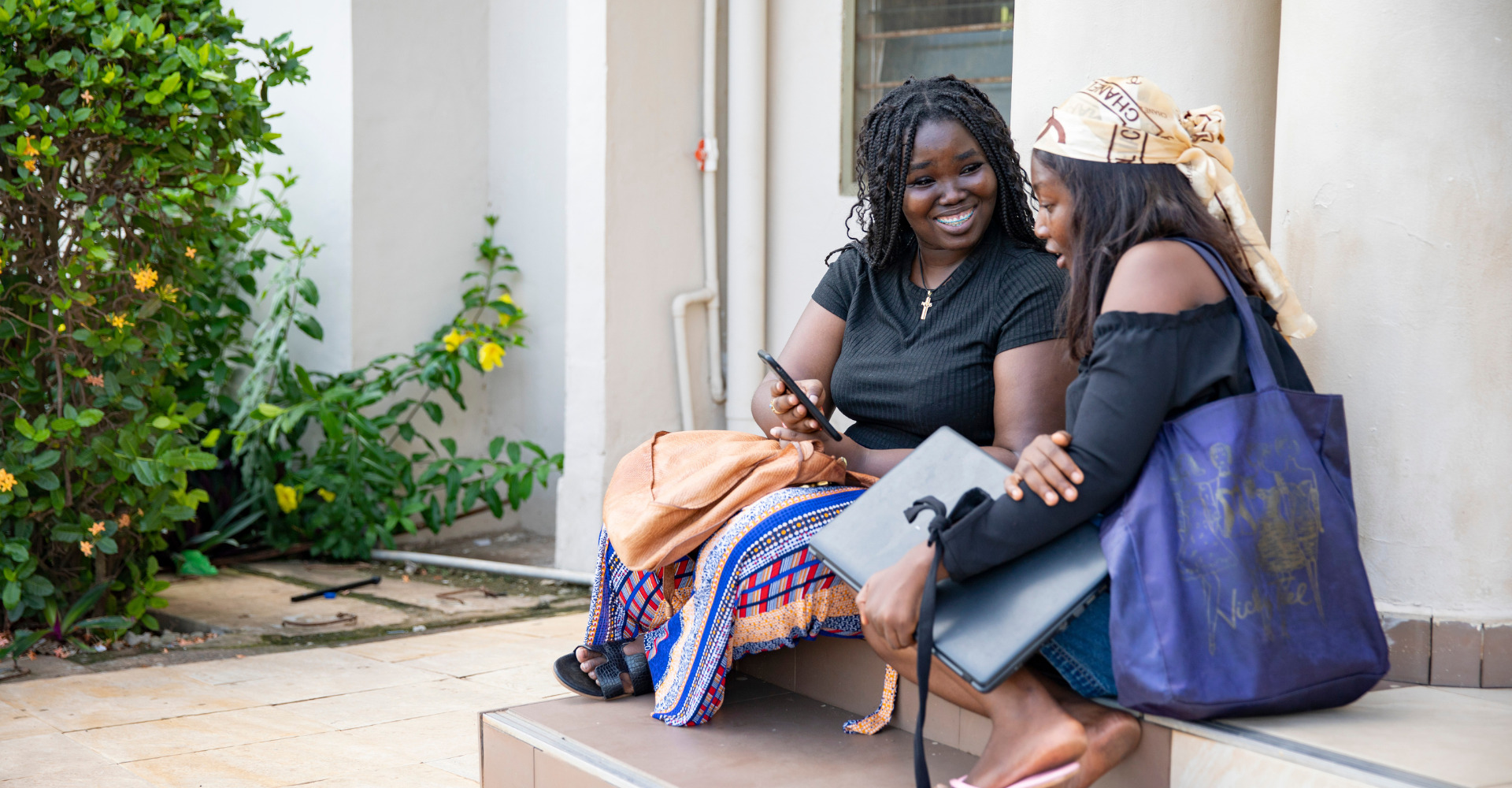Each year, the world celebrates International Youth Day, which highlights the importance of young people’s voices, experiences and achievements.
Today, we’re handing the blog over to Angelina Inthavong, a youth health equity activist who is passionate about the role of young people in decision-making at all levels, including in ensuring sexual and reproductive healthcare reaches – and meets the needs of – young people worldwide.
She is a member of the International Sexual and Reproductive Health and Rights Consortium, which MSI Asia Pacific co-chairs.
Read on to learn about Angelina’s work, perspective and vision for the future.
Each year on August 12th, International Youth Day serves as a powerful reminder that millions of young people around the world continue to fight for fundamental human rights, including bodily autonomy, climate justice, access to education, clean water, nutritious food, basic healthcare, safe communities, and a world free from discrimination.
With over 60% of the world’s youth living in Asia and the Pacific, the need for co-design with young people is urgent – particularly in sexual and reproductive health and rights initiatives, where young people’s needs outstrip access.
International Youth Day also spotlights the incredible work young people are doing globally. From leading grassroots movements to working within international development spaces, young people are advocating for policy reform, driving investment in inclusive futures, and pushing for the systemic changes needed to build a more equitable society.
This is the future we are building through the International Sexual and Reproductive Health and Rights Consortium, a partnership of non-government organisations across Australia and New Zealand, committed to advancing universal access to sexual and reproductive health and rights.
Within the Consortium, we’ve established the Youth Working Group, which creates a space for young people to come together, share ideas and collaborate on advocacy. Through our work, we hope to increase investment in and inclusion of young people in Australian Official Development Assistance (foreign aid), which is well-positioned to promote youth-friendly healthcare services.
It’s essential that young people not only access the education and services they need for informed decision-making around their sexual and reproductive health, but that they also play a central role in designing these services.

Youth health equity activist Angelina Inthavong.
Co-designing with young people leads to better outcomes for all
Like many other youth activists, I’m often the youngest or the only young person in the room. This shouldn’t be seen as an achievement, but rather an invitation for institutions to establish sustainable structures that embed youth perspectives into decision-making.
We know that co-designing with young people leads to more effective and equitable outcomes across legislation, policies, and decision-making. In all our diversities, young people bring vital lived experiences, perspectives, and insights that strengthen every level of governance.
"What would it look like to create systems and structures where youth are engaged at every level of decision-making? Where young people are recognised as essential partners, fairly remunerated for their labour and lived expertise, and equipped with the tools and support to grow their capacity?"
I’d like to challenge us to go further.
What would it look like to create systems and structures where youth are engaged at every level of decision-making? Where young people are recognised as essential partners, fairly remunerated for their labour and lived expertise, and equipped with the tools and support to grow their capacity?
While we haven’t fully achieved this yet through the Youth Working Group, it’s the future we want to help build.
Angelina Inthavong is a dedicated youth and health equity activist committed to amplifying diverse voices and driving systemic reform for a more equitable world. Through her local, national, and international work, Angelina continues to champion intersectional programs and policies, creating partnerships to ensure traditionally marginalised communities are included in all steps of decision-making.
She currently lives on Ngunnawal and Ngambri Country (Canberra), where she is pursuing a Doctor of Medicine and Surgery at the Australian National University. Angelina works with Plan International and is one of their representatives on the International Sexual and Reproductive Health and Rights Consortium. She serves on the Boards of the Australian Women’s Health Alliance and Sexual Health and Family Planning ACT.
Angelina leads Sexual Health Advocates for Reproductive Equity (SHARE), which is a national youth-led grassroots campaign for universal access to contraception.
You can read SHARE’s open letter here and sign its petition here.




